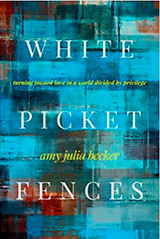When I first read Amy Julia Becker’s writing, I was struck by her honesty. She puts into words what the rest of us are thinking and feeling. She’s done that in the past in books about parenting her three kids and welcoming her daughter Penny, who has Down syndrome, into their family. Now she’s turned her attention to a bigger topic that affects us all. Her latest book, White Picket Fences: Turning toward Love in a World Divided by Privilege, is a memoir about race, class, and disability that gently, honestly, and thoughtfully invites readers into a conversation about privilege. Amy Julia believes that love is stronger than fear, and that prayer connects us to the source of all love. It’s a grace to welcome her to the farm’s front porch today…
guest post by Amy Julia Becker
Prayer is one of the few spiritual practices that is pointless unless God is real.
Meditation calms the body. Reading sacred texts aligns us with ancestral wisdom. Church attendance connects us to our community.
Each of these has value whether or not God exists.
But prayer?
Taking time to pour out our needs and our anxieties, demanding change, confessing sin, crying out for help—all of these things depend upon the existence of a God who hears and responds to our cries.
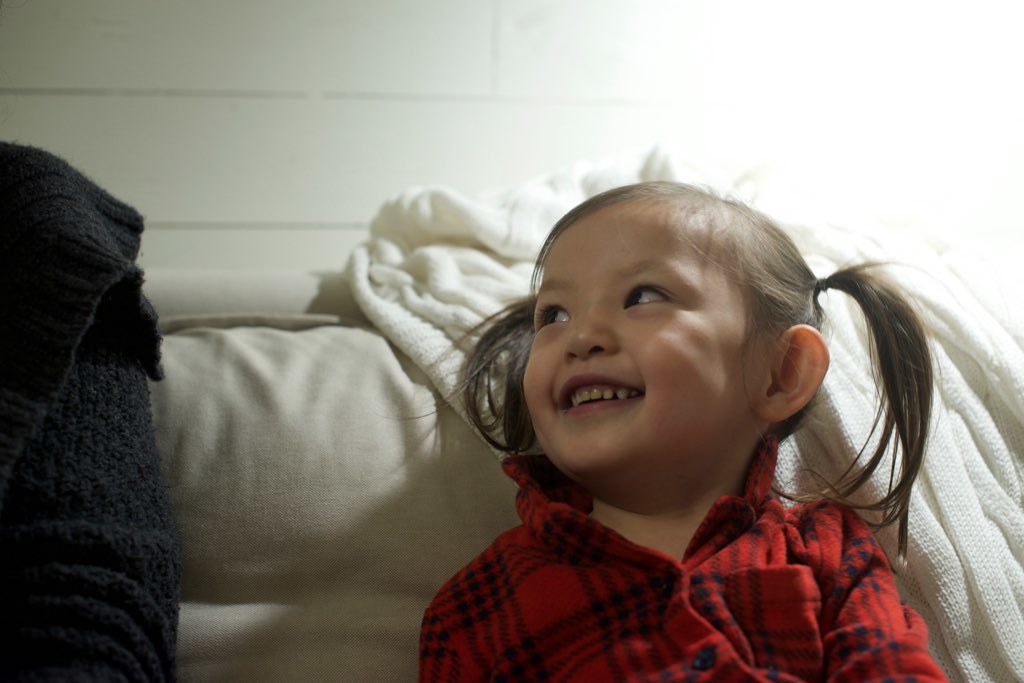
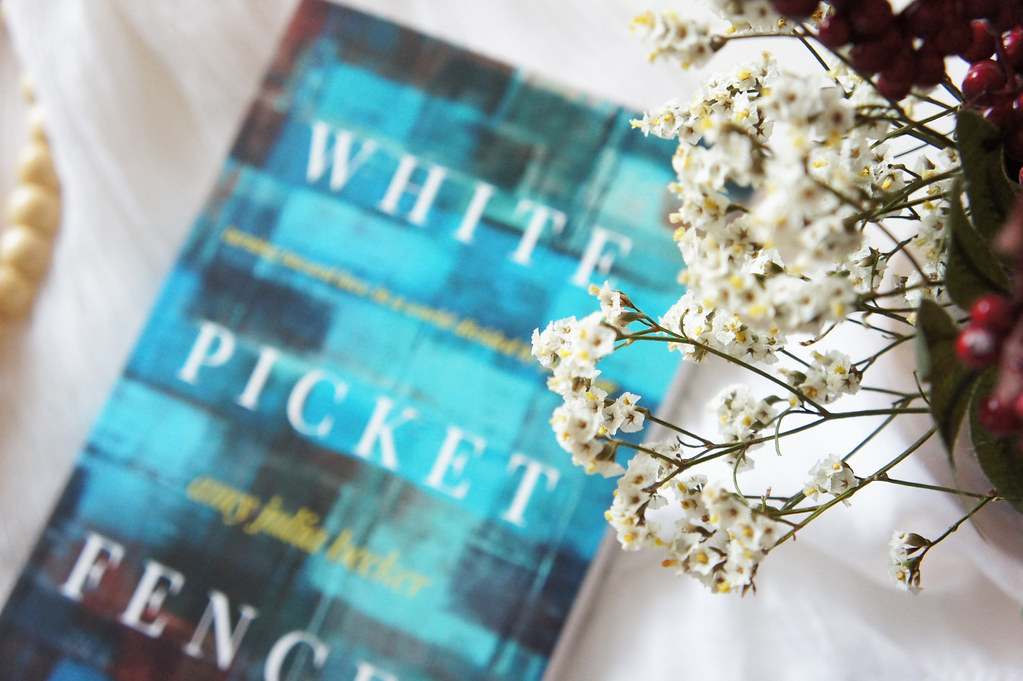
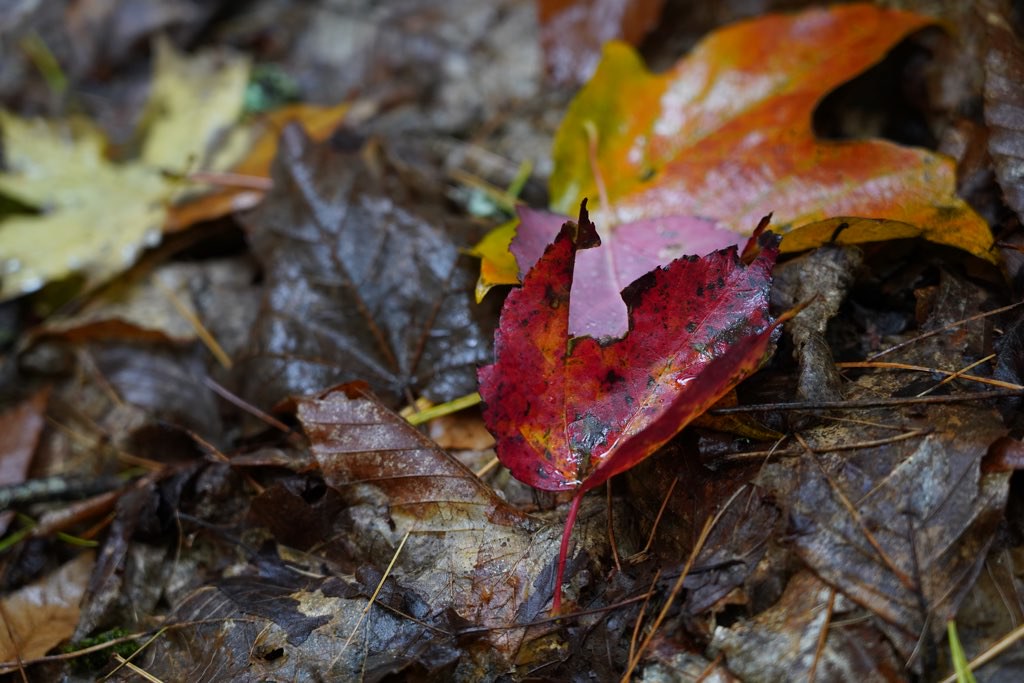
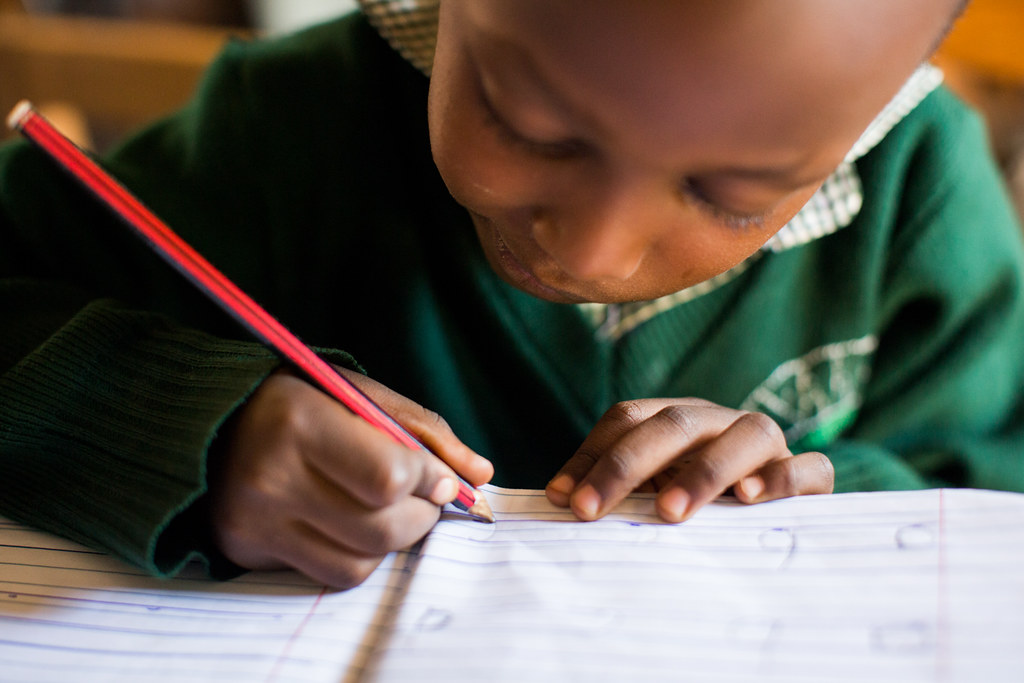

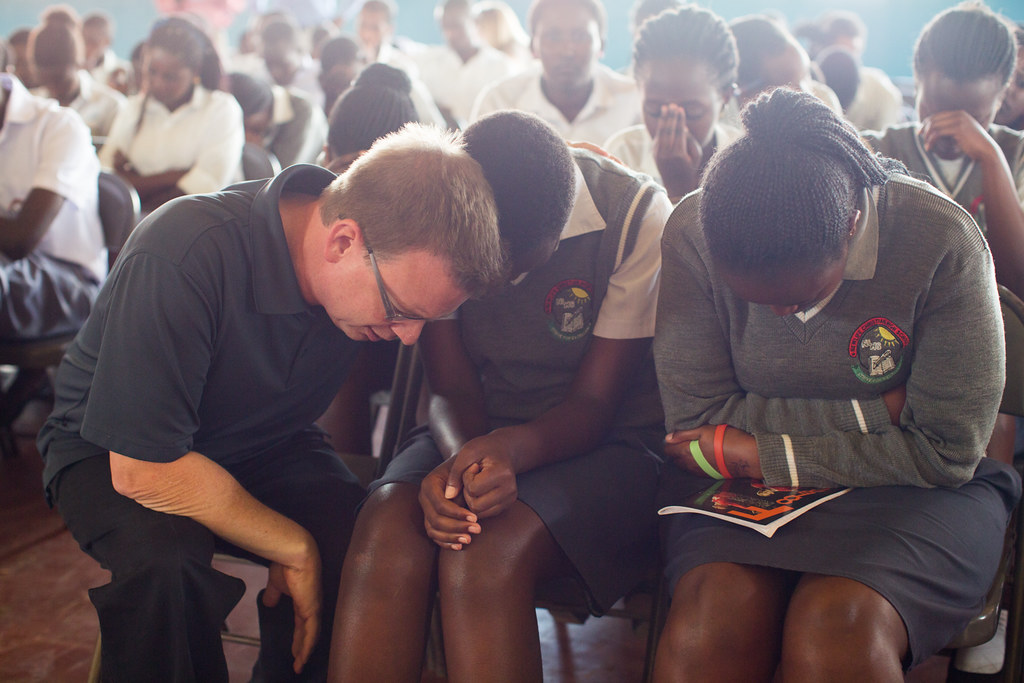
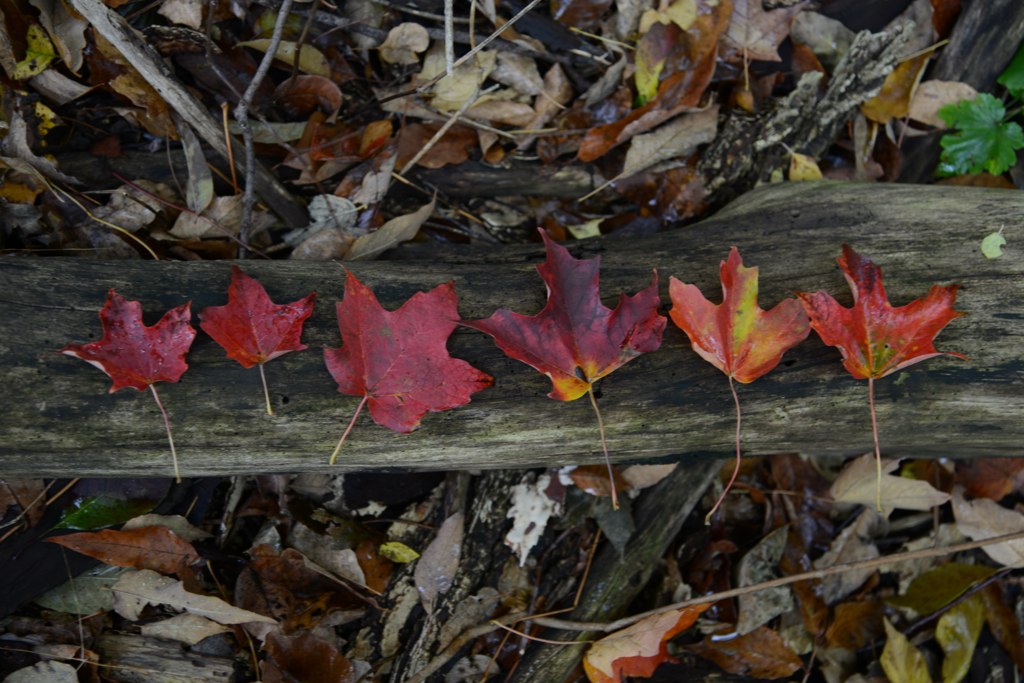
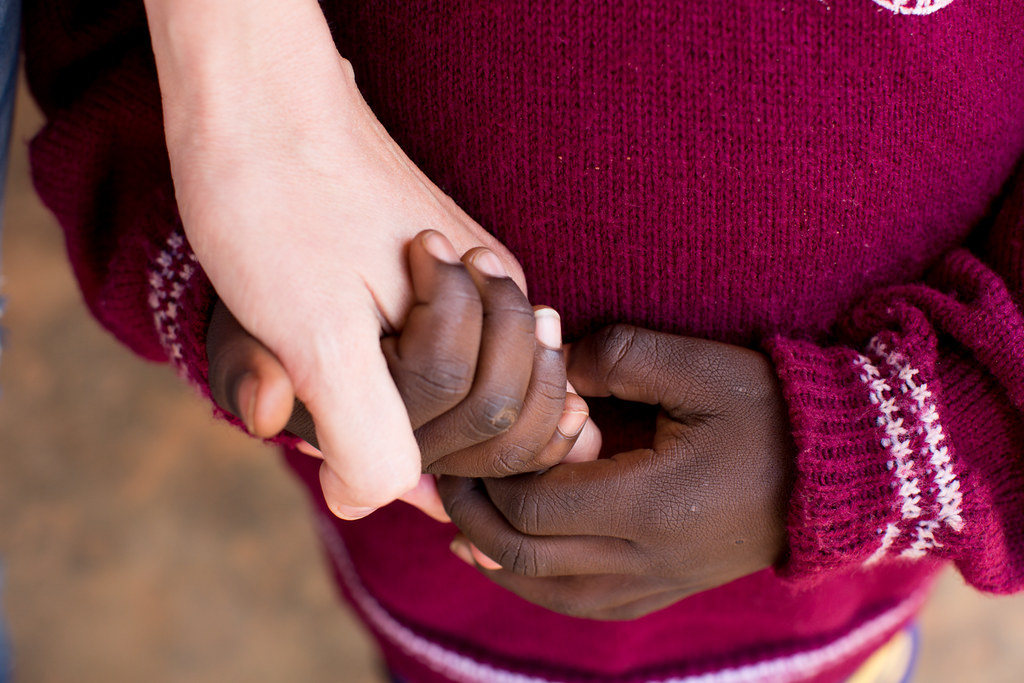
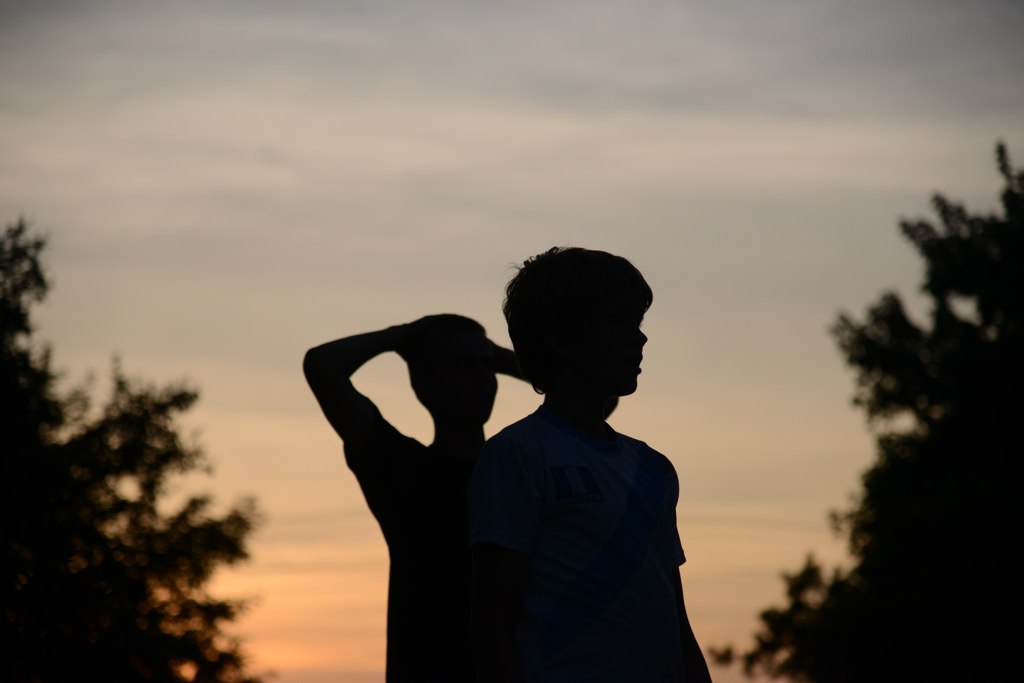

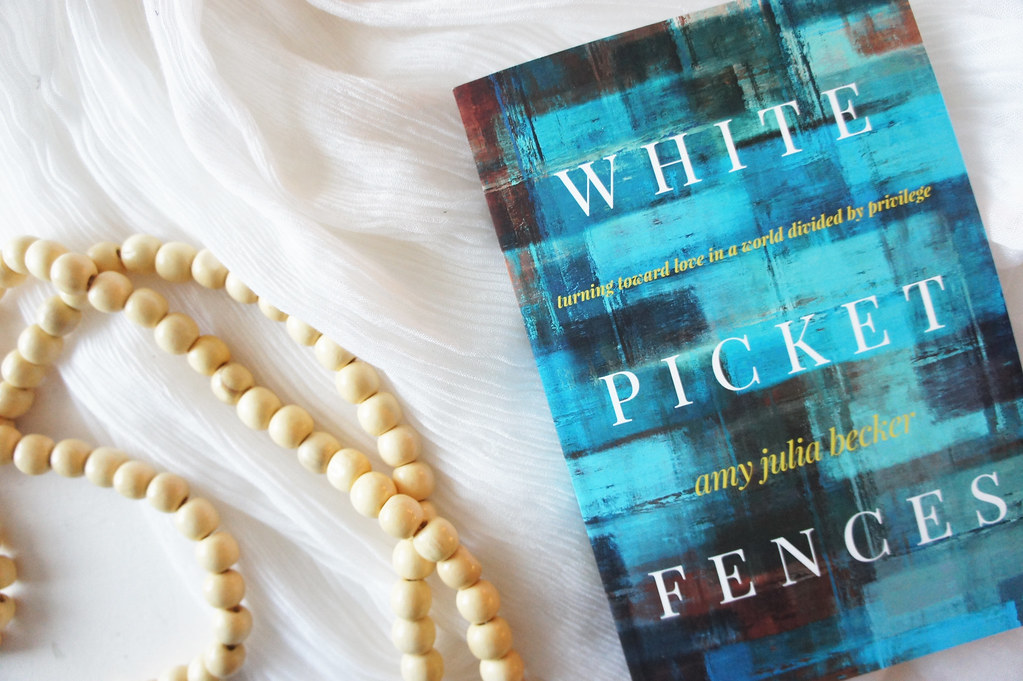
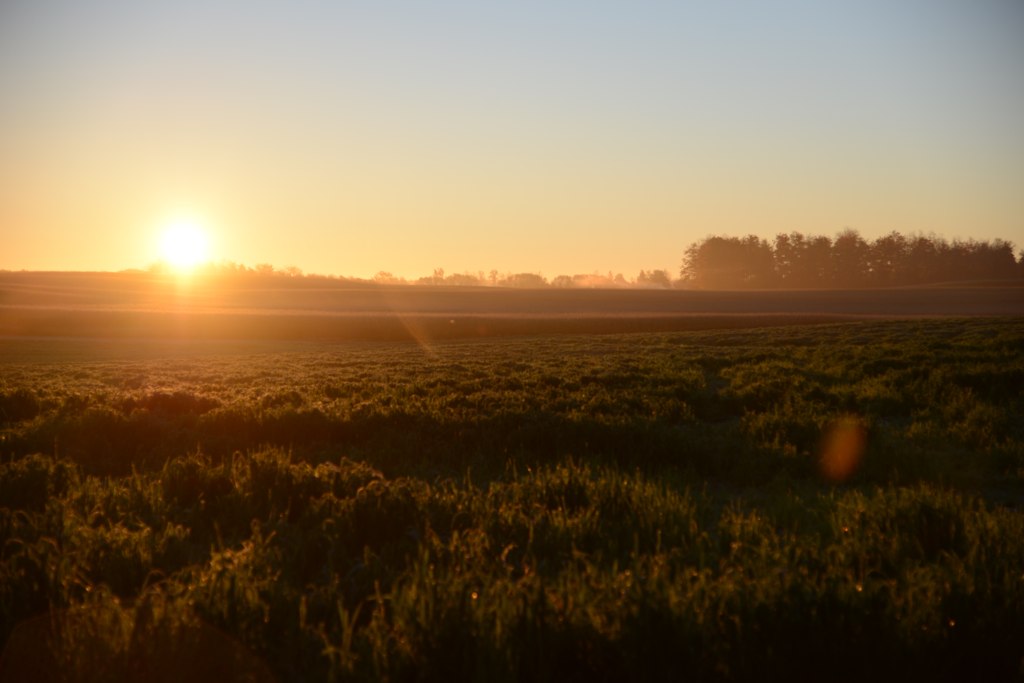
After the Presidential election of 2016, I receive two invitations to pray for healing, mercy, and justice in response to the political divisions in our land. I agree to pray from 12 to 12:30 on Mondays, and I begin fasting from lunch on that day.
At first, it is exhilarating.
Every time I feel a pang of hunger, I remind myself that I hunger for justice.
Every time my eyes wander toward the refrigerator, I offer up a prayer for one of the families whose loved ones have been shot by police, or I pray for President Trump and his team to do justice as they set policy, or I pray for victims of various crimes to receive healing.
After about two months, the shine starts to fade. The political landscape isn’t any different than it was before. The social problems remain.
But at the same time, there come little whispers, sentences that hang like threads of truth that I would miss unless I pay attention.
How long have your African American brothers and sisters been praying for justice? How many prayers have seemed unanswered for them?
How easy it is for me to believe that all will magically and quickly be well because finally I have woken up to wrongs that have been going on for generations.
And even though I question my commitment to this effort, and even though it feels futile and frustrating and I want to give up, I also start to see shoots of growth.
First, in my own thinking. As I pray through the Lord’s Prayer with justice in mind, I am struck by that very basic sentence, “Give us this day our daily bread.” It isn’t “Give me this day my daily bread,” though in the past that has been how I was inclined to think about that clause.
Jesus’ prayer includes me, but it is so much bigger than me. Give us. All of us.
I see my own self-centeredness that day, that my reluctance in prayer isn’t just about boredom or hunger or futility, it is also about my own unwillingness to acknowledge and respond to the needs of my brothers and sisters in this world.
One verse strikes me almost like a blow: He has shown you, O mortal, what is good. And what does the Lord require of you? To act justly and to love mercy and to walk humbly with your God (Micah 6:8).
For years, I have been someone who wanted to do justice and love mercy, but finally I see how often I have done so without humility, without acknowledgment of my own inadequacy, my own helplessness, my own need.
I have wanted to change the rest of the world. I didn’t want the rest of the world to change me.
********
Weeks pass. I fast somewhat halfheartedly, and sometimes I fall asleep on my desk while praying, and prayer does not open up a miraculous way for me to move beyond the walls of my privilege.
But then God gives me a glimpse of what the future might hold if we are willing to watch and pray.
I am speaking at a church and Missie, a woman from my hometown in North Carolina, is there. When I finish speaking, Missie tells me about violence at home, and how she was so mad when an African American boy she knew died.
She says, “I was pushing my grandson on the swing at the playground, and I was next to Tonia. Tonia is black and she knew this boy who died. I just kept saying, ‘What are we going to do?’ “The next day I got a letter from Tonia. It said, ‘Here’s what you can do.’”
“So you know what I did with that letter? I put it at the bottom of a pile at my desk. I had been saying I wanted something to do, but I didn’t really. I just wanted to pray about it.”
But Missie didn’t just pray about it. She called the chief of police.
And now dozens of white and black people from town gather monthly to pray for peace and healing. They’ve started a prison reentry program and a school reform program.
We finish talking, and I am left with an image of this woman, whose great-great-grandfather owned slaves, standing alongside her African American brothers and sisters, all the Lord’s holy people praying, together, for their town.
And it strikes me that this is where healing happens, this is where love pours forth, this is where centuries of harm start to mend.
I have not been given a list of things to do in response to the hurt in our world.
And as meager and ineffective as my prayer seems, it nevertheless keeps me tethered to hope.
Prayer is an act of faith that God is love, that I am needy, and that by turning toward love I will someday —
somehow be given a way to participate in the restoration of the good world God made.
Amy Julia Becker is the author of four books of non-fiction. She has spoken widely and written for various sites, including the New York Times, the Washington Post, and Christianity Today on faith, family, disability, and, most recently, privilege. She is a graduate of Princeton University and Princeton Theological Seminary.
White Picket Fences: Turning toward Love in a World Divided by Privilege is a spiritual memoir of grace, love, and hope in the face of challenging and painful social divisions. So much of the cultural narrative about privilege right now results in shame and guilt or denial and cynicism, but White Picket Fences invites readers to respond to privilege with meaningful, humble, prayerful action rooted and grounded in the love of God.
Amy Julia writes that she wants White Picket Fences to, “open up the conversations we are afraid to have, to prompt the questions we are afraid to ask, and to lead us away from fear and toward love.” This book is a gentle invitation into the challenging topic of privilege.
[ Our humble thanks to NavPress for their partnership in today’s devotion ]

